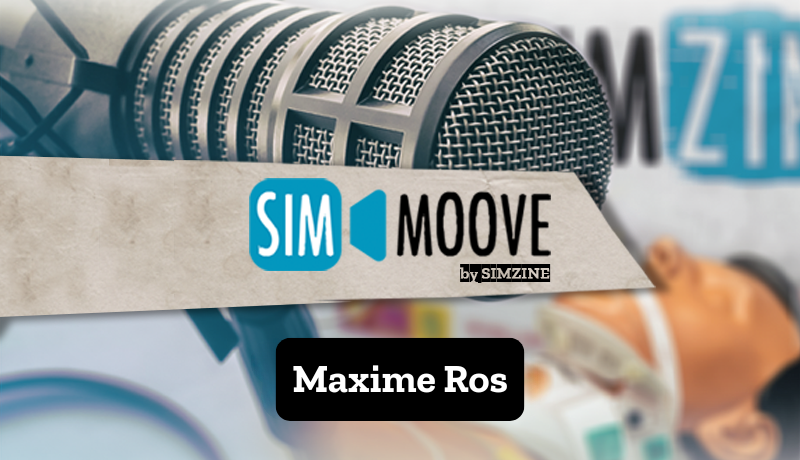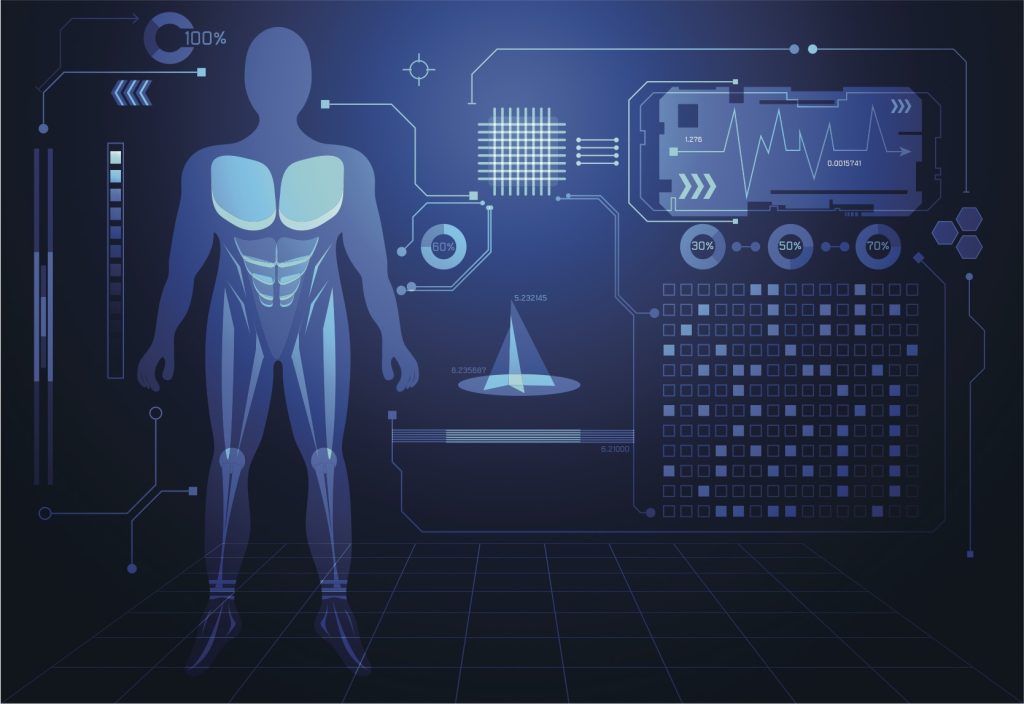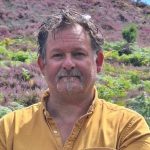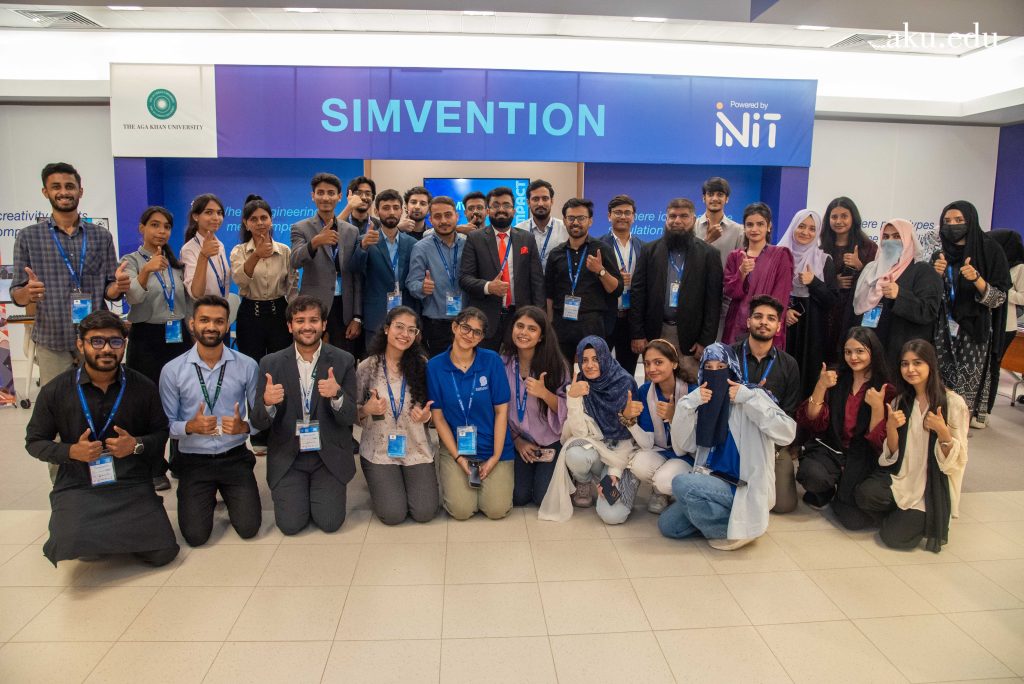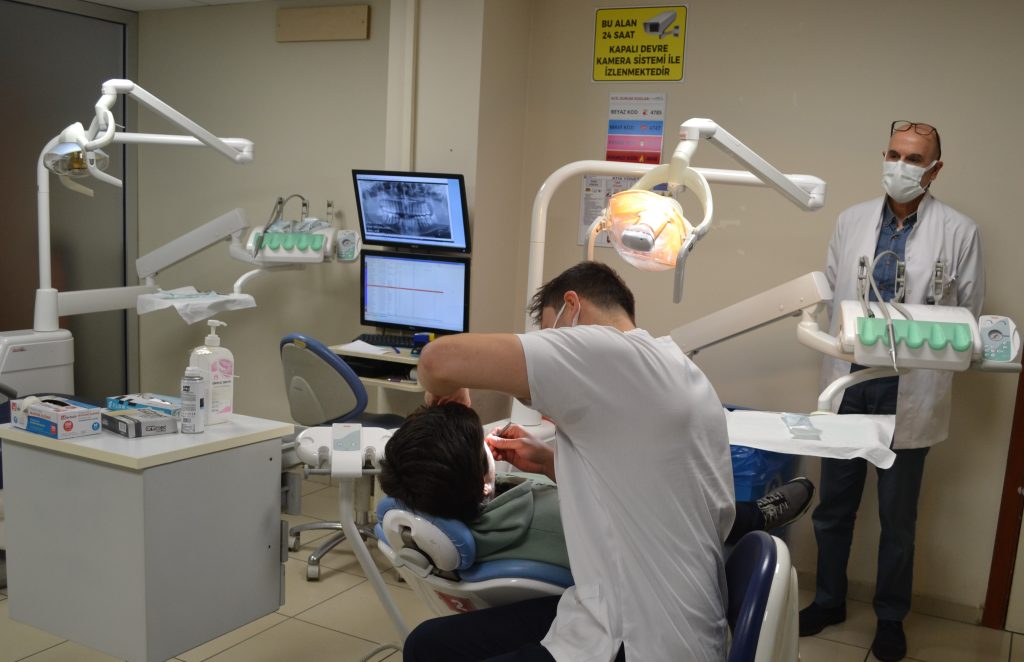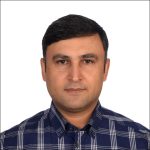In this article we travel to Cameroon to find out how the Masso Pierre simulation center and the ASCOVIME association work, with the aim of ensuring quality health care for the entire population.
In Africa, and particularly in Cameroon, a large proportion of the population has no access to quality healthcare. Some use traditional medicine, while others deny their illness or try to ignore it. This may be due to a lack of infrastructure such as hospitals or even roads to reach them. Sometimes there’s a lack of doctors or equipment. All these factors lead to increased suffering and mortality. We believe that an update on new approaches and techniques, which are not always taught in medical schools, is desirable, especially on the new techniques that save time in patient follow-up. Male circumcision, for example, is a minor routine surgery, but if it is performed incorrectly, the patient risks numerous problems, such as pain during intercourse, erectile dysfunction, ruptured bladder ducts and even infertility.

Medical simulation enables healthcare professionals to acquire and maintain medical and paramedical techniques and gestures without risk to real patients. This is all the more important for high-risk procedures. World health authorities recommend that medical simulation be included in basic and continuing training courses. Despite recent efforts, the gap between demand for and supply of healthcare in our country remains considerable.
Aware of our limited capacity to reach every village in Cameroon, we decided to focus on training. The Association des Compétences pour une Vie Meilleure (ASCOVIME) is a non-profit humanitarian organization working in collaboration with the government, businesses, donors and other people of good will to promote access to healthcare and education in the villages of Cameroon. To achieve this objective, the association has been focusing for the past three years on strengthening the training of healthcare personnel through seminars and practical workshops. The target groups are students and professionals in all areas of healthcare. These workshops are organized by volunteers from the association and supervised by specialists from various backgrounds, under the supervision of the center’s founder and director.
The ASCOVIME complex is located in Mbankomo, a suburb of Yaoundé. Still under construction, it already includes two buildings: “The Volunteer House” and The Masso Pierre Simulation Center (CSMP), in homage to Professor Masso Misse Pierre, an eminent Cameroonian surgeon who left his mark on his time. The CSMP comprises a practice room and a large seminar room. Cameras enable lectures and practical sessions to be broadcasted in real-time to partner medical schools, or replayed when a student wishes to rework them. Dr. Fabrice Tientcheu, visceral and digestive surgeon, is the director of the CSMP, and Dr. Léonie Daya, anesthesiologist, its deputy director. Mr. Gaby Guembou and his associate are responsible for logistics and statistics. The center also has a secretary. Additional staff can be mobilized depending on activities.
A message about a training session is shared on our networks, with details of how to register and participate. Free sessions bring together 20 to 30 participants, depending on instructor capacity and logistical considerations. Transportation to the center is also provided by the association. Our partners, notably pharmaceutical companies, sometimes contribute financially to these projects.

Medical specialties covered by simulation include surgery, emergency medicine, obstetrics and gynecology, and intensive care. Examples of surgical training courses are:
- basic surgical procedures. We work on silicone and sometimes on ox legs with created lesions
- locating veins for perfusion
- manual and mechanical intestinal anastomoses
- bariatric surgery
- energies in surgery
- plastic surgery
We also have a seminar in urology on how to perform circumcision more effectively. In neurosurgery, we offer training in the management of cranial trauma. In gynecology, in partnership with the association Gynécologie Sans Frontières, the training courses are:
- methods of birth control
- caring for the pregnant women
- basic gynecological skills
- neonatal resuscitation (a frequent need in our country)
Simulation can be used to make caregivers aware of possible errors and how to manage them, to bring certain caregivers up to speed, to complement university teaching (medical and nursing students) and to train the public in first aid. Simulation makes training more engaging. The center’s maxim is “Never the first time on a real patient.”
In 2023, 23 theoretical and practical sessions were organized for a total of 530 participants. In the near future, we plan to acquire new simulators and build an operating theater.
READ ALSO

































